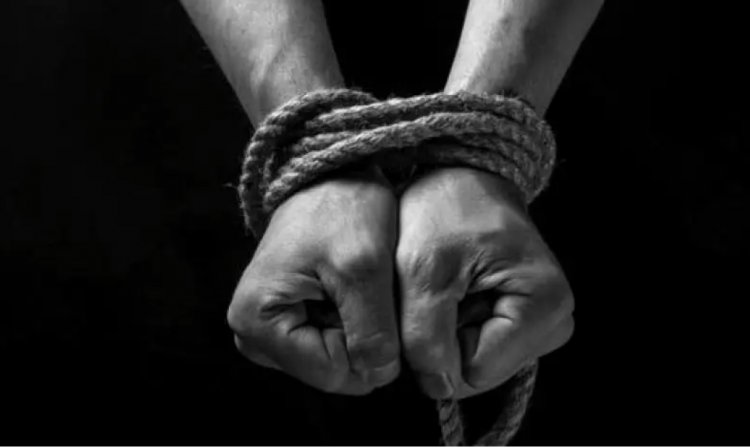We strongly disagree with the Senate President, who stated, "This is one piece of legislation that will turn around not only Nigeria's security challenges, but also the country's economy."
We strongly disagree with the Senate President, who stated, "This is one piece of legislation that will turn around not only Nigeria's security challenges, but also the country's economy."

WE demand that the Senate remove the bill that would make paying ransoms by abduction victims or their relatives illegal. This piece of law adds little to the attempt to reduce crime.
The Senate has previously passed an amendment to the Terrorism (Prevention) Act of 2013 that prevents kidnappers from receiving ransom payments. The Bill, according to Bamidele Opeyemi (APC, Ekiti Central), Chairman of the Senate Committee on Judiciary, Human Rights, and Legal Matters, responds to Nigeria's low rating by the Financial Act Task Force, FATF, the global watchdog on terrorism funding and money laundering.
The ECOWAS Inter-Governmental Action Group Against Money Laundering in West Africa, GIABA, in collaboration with the FATF, recently published a Mutual Evaluation Report of Nigeria's Anti-Money Laundering, AML, and Counter-Financing of Terrorism, CFT, regime.
It should also be remembered that the FATF classified Nigeria's AML/CFT compliance as low in October 2009.
Nigeria made a commitment to improve its grade the next year. This resulted in the passage of the Terrorism (Prevention) Act in 2013, which assisted in the removal of Nigeria from the FATF's list of non-compliant countries.
This was clearly the reasoning for the Senate's decision to alter the Terrorism Act to make ransom payments illegal. Nigerians who pay ransoms to kidnappers risk spending 15 years in prison if this proposal becomes law. We strongly disagree with the Senate President, who stated, "This is one piece of legislation that will turn around not only Nigeria's security challenges, but also the country's economy."
This amendment bill will be unconstitutional. It will prevent victims' relatives from assisting themselves in rescuing their loved ones from kidnappers' dens if the government fails to fulfill its constitutional obligation of protecting the people. It'll be like adding salt to the wound. There are no seeds of justice in it.
While we agree that paying ransoms strengthens criminals and terrorists who kidnap people for the purpose of making money and holding the government to ransom, we believe it is the government's primary responsibility to prevent kidnappings through proactive intelligence, policing, and law enforcement. It is also its obligation to manage these occurrences as they occur in order to ensure the victims' safe rescue.
However, in Nigeria, the government is rapidly abandoning its law enforcement responsibilities. Thousands of kidnapped men, women, and children are languishing at the mercy of criminals and terrorists, while bureaucrats waste public funds and scramble to purchase nomination forms.
The government cannot shirk its responsibilities by criminalizing self-help. We hold the government entirely accountable for citizen safety and safe rescue (by any means) when they are kidnapped.















